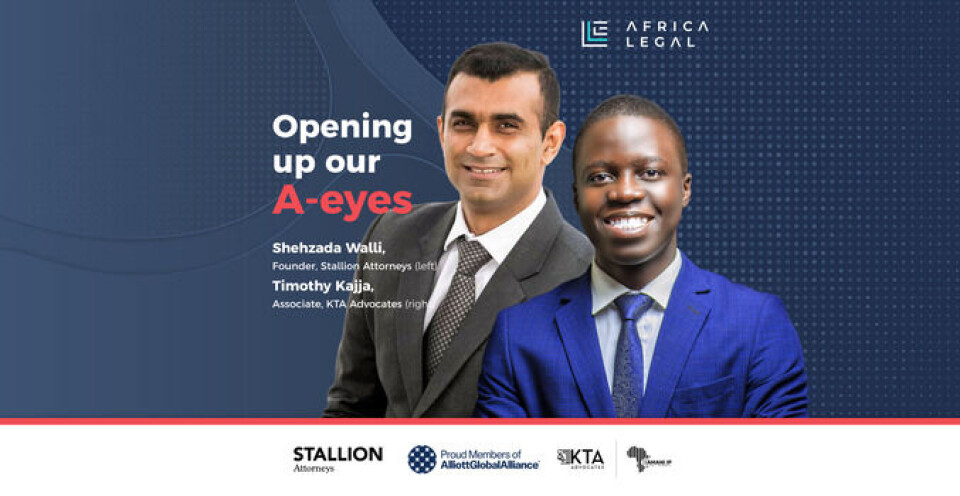While entrepreneurs and start-ups are already providing practical benefits in East Africa and across the continent with innovative Artificial Intelligence-powered (AI-powered) healthcare services, legal regimes remain blind to the existence of tech-based healthcare, say Timothy Kajja and Shehzada Walli.
“AI is now trending quite a lot in Africa; we have some talented people working on AI and a few hospitals in Tanzania have adopted AI in one way or another,” says Walli, the founder of Stallion Attorneys, a modern full-service firm in Dar es Salaam. “Arusha Lutheran Medical Centre has begun using AI in diagnosing cancer, and our National Hospital is using AI to monitor pregnant women who may face illnesses like hypertension and diabetes.”
Walli points to talented local engineers creating apps and software start-ups such as Elsa Health, which uses AI to support and optimise health decisions, and Afya Bora, which enables patients including pregnant women to access online healthcare services. Similarly, over the border in Uganda, AI is steadily improving the status quo of healthcare, says Kajja.
“One good example is Rocket Health, an entity that provides a plethora of health services online; one may make distance diagnostics, speak to a doctor, access a pharmacy and vaccination services, remotely,” says Kajja, an associate at innovative Ugandan firm KTA Advocates. “This has greatly improved affordable expert access to healthcare in a timely manner. Another example is M-Scan, a start-up that enables people in remote areas to cheaply have regular scans with the aid of only the M-Scan device and smartphone or tablet.”
Walli and Kajja, whose firms are part of the Alliott Global Alliance of elite law and accounting experts in 95 countries, see “immense opportunities” for AI-powered technology in Africa’s healthcare sector. However, there are also clear risks when it comes to lagging laws and data protection.
Despite the passing of Tanzania’s ‘Personal Data Protection Act’ last year, Walli says Tanzania doesn’t currently have laws to cater for AI-powered technologies in healthcare. If issues arise, those affected will have to rely on conventional laws of contract, indemnity clauses and insurance. AI was a trending topic in an East Africa Law Society meeting in Burundi last month, and Walli says there is a lot of talk, but he wouldn’t expect new laws for three to five years.
“Uganda has no consolidated laws to regulate Med-Tech, which makes the efficient operations of medical innovators incompatible with the regulatory framework in the country,” adds Kajja. “The laws are blind to the existence of a technological approach to healthcare and mandate all players to blanket-ly fit within the brick-and-mortar healthcare systems.”
For example, licensing requirements for inspection of physical premises block the options of remote services and virtual hospitals that connect patients to physicians in actual hospitals.
“This forces the innovators to only approximate international best practices to fit within the confines of the Ugandan framework,” says Kajja. “The other risks these entities face are gaps in data protection. Med-tech harvests volumes of sensitive data, but they barely pay attention to the data protection and privacy standards required in Uganda and across the globe.”
AI in healthcare is only likely to grow, however, so African governments need to take action to capitalise on the innovation of their entrepreneurs. Walli would like to see much more knowledge sharing, and for the Tanzanian government to look into investing in AI.
“African countries have to create conducive economic, tax and training environments couched towards captivating the ingenuity of African youth to create innovative solutions that are best suitable to serve the continent,” says Kajja, who has worked with Bexa, an entity using AI technology to offer less invasive scans that detect breast cancer.
To join Africa Legal's mailing list please click here

